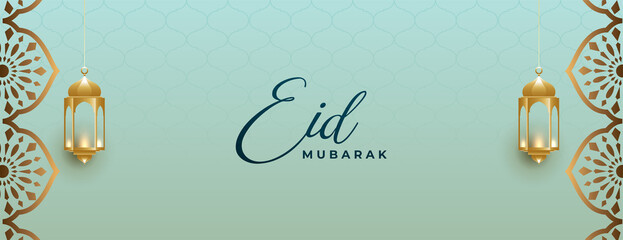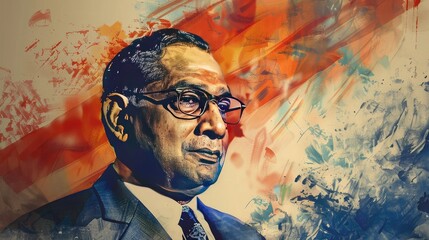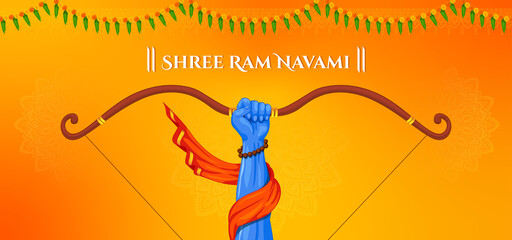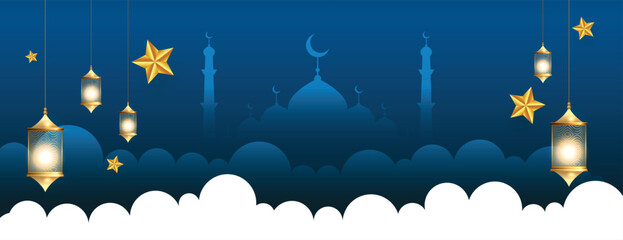
Introduction
Id ul Fitr, one of the most significant Islamic festivals, marks the end of the holy month of Ramadan (Ramzan). It is a time of joy, reflection, and community. As we approach 2024, let’s delve into the dates, significance, and much more about Id ul Fitr.
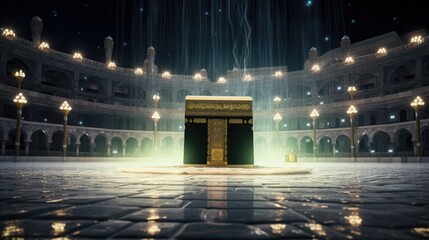
Understanding Ramzan (Ramadan)
Meaning and Origin
Ramzan, also known as Ramadan, is the ninth month of the Islamic lunar calendar. It is a period of fasting, prayer, reflection, and community. Ramadan commemorates the first revelation of the Quran to Prophet Muhammad according to Islamic belief, making it a spiritually significant time for Muslims worldwide.
Practices During Ramadan
During Ramadan, Muslims fast from dawn until sunset, refraining from eating, drinking, smoking, and sinful behavior. This practice, known as Sawm, is one of the Five Pillars of Islam. The fast is broken with a meal called Iftar, and the pre-dawn meal before the fast begins is called Suhoor. Muslims also engage in increased prayer, reading the Quran, and performing acts of charity during this month.
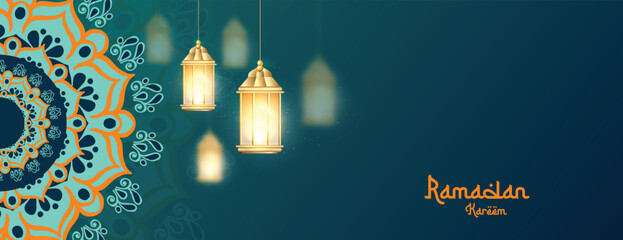
3. Significance of Id ul Fitr
Meaning and Importance
Id ul Fitr, meaning “Festival of Breaking the Fast,” signifies the end of Ramadan. It is a time for Muslims to express gratitude to Allah for the strength and patience shown during the month of fasting. It also marks the beginning of Shawwal, the tenth month in the Islamic calendar.
Religious and Cultural Significance
Id ul Fitr is both a religious and cultural celebration. Religiously, it is a day of thanksgiving to Allah, and culturally, it is a time for joyous celebration with family and friends. The festival emphasizes charity, community, and togetherness
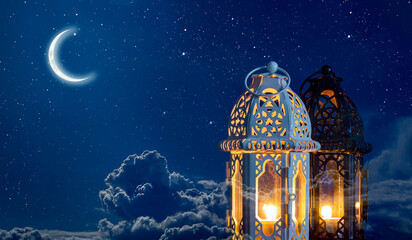
Dates and Observances in 2024
Expected Dates for Ramzan 2024
In 2024, Ramadan is expected to begin on the evening of Sunday, March 10, and end on the evening of Tuesday, April 9. These dates may vary depending on the sighting of the moon, as the Islamic calendar is lunar-based.
Expected Dates for Id ul Fitr 2024
Id ul Fitr is anticipated to be celebrated on Wednesday, April 10, 2024. Again, the exact date depends on the lunar sighting, which can vary by country.
Ramzan Dates & Calendar

5. Traditions and Customs of Id ul Fitr
Preparations and Celebrations
Preparations for Id ul Fitr begin towards the end of Ramadan. Homes are cleaned, new clothes are purchased, and special meals are planned. On the day of Id ul Fitr, Muslims gather for a special prayer called Salat al-Eid, usually performed in large congregations in open areas or mosques.
Traditional Foods and Festivities
Id ul Fitr is synonymous with delicious feasts and a variety of traditional foods. Some popular dishes include Sheer Khurma (a sweet vermicelli milk pudding), Biryani, and Samosas. Families and friends gather to enjoy these meals together, sharing the joy of the festival.
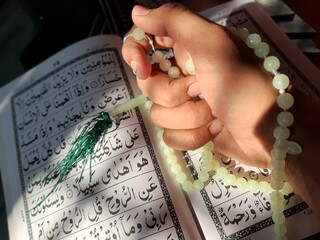
6. Spiritual Importance of Id ul Fitr
Acts of Charity and Zakat
Charity is a significant aspect of Id ul Fitr. Before the prayer, Muslims are obligated to give Zakat al-Fitr (charitable donations) to the poor, ensuring that everyone can partake in the celebrations. This act of charity purifies those who fast from any indecent act or speech and helps the needy.
Prayers and Community Gatherings
The day begins with a special prayer, Salat al-Eid, followed by a sermon. After the prayer, it is customary to visit relatives, friends, and neighbors, exchanging greetings of “Eid Mubarak”. This fosters a sense of community and strengthens social bonds.
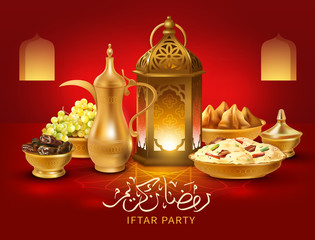
Modern Celebrations of Id ul Fitr
Id ul Fitr in Different Cultures
While the core practices of Id ul Fitr remain the same, the celebration varies across cultures. For instance, in Indonesia, Id ul Fitr is known as Lebaran, where people visit ancestral graves. In Turkey, it’s called Ramazan Bayramı, celebrated with sweets and family visits.
Influence of Technology on Celebrations
Technology has significantly influenced Id ul Fitr celebrations. Many Muslims now use social media to send Eid greetings, share their festive moments, and connect with loved ones worldwide. Virtual gatherings and online charity donations have also become common, especially during times of social distancing.
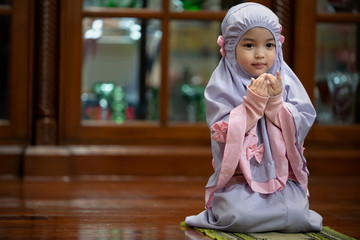
Challenges and Opportunities
Observing Ramzan and Id ul Fitr During Global Events
Global events, such as pandemics or political unrest, can affect how Ramzan and Id ul Fitr are observed. However, these challenges also present opportunities for innovation in celebrations, such as virtual Iftar gatherings and online religious services.
Promoting Unity and Understanding
Id ul Fitr offers an opportunity to promote unity and understanding among different communities. By sharing the significance and traditions of the festival, Muslims can foster greater appreciation and respect for their culture and beliefs.
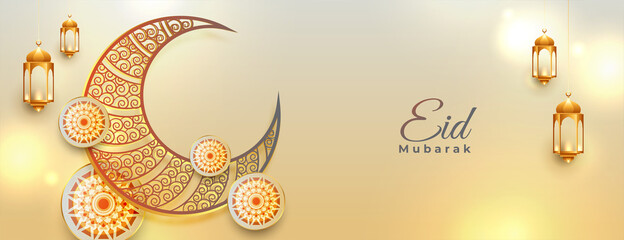
Conclusion
Id ul Fitr is a festival that encapsulates the spirit of faith, charity, and community. As we prepare to celebrate Id ul Fitr in 2024, let us embrace the values it represents and spread joy, understanding, and compassion. The festival is a reminder of the importance of gratitude, togetherness, and spiritual reflection in our lives.

FAQs (Frequently Asked Questions)
1. What is the significance of fasting during Ramadan? Fasting during Ramadan, or Sawm, is one of the Five Pillars of Islam. It signifies self-discipline, spiritual growth, and empathy for the less fortunate.
2. How is the date for Id ul Fitr determined? The date for Id ul Fitr is determined by the sighting of the new moon at the end of Ramadan. This can vary based on geographic location.
3. What are some common greetings exchanged during Id ul Fitr? Common greetings include “Eid Mubarak” (Blessed Eid) and “Eid Sa’id” (Happy Eid).
4. How do different countries celebrate Id ul Fitr? While the core practices are similar, cultural variations exist. For example, in Malaysia, it’s known as Hari Raya Aidilfitri, celebrated with open houses and traditional dishes like Rendang.
5. What is Zakat al-Fitr and why is it important? Zakat al-Fitr is a form of charity given to the poor before the Eid prayer. It ensures that everyone, including the less fortunate, can participate in the Id ul Fitr celebrations.

